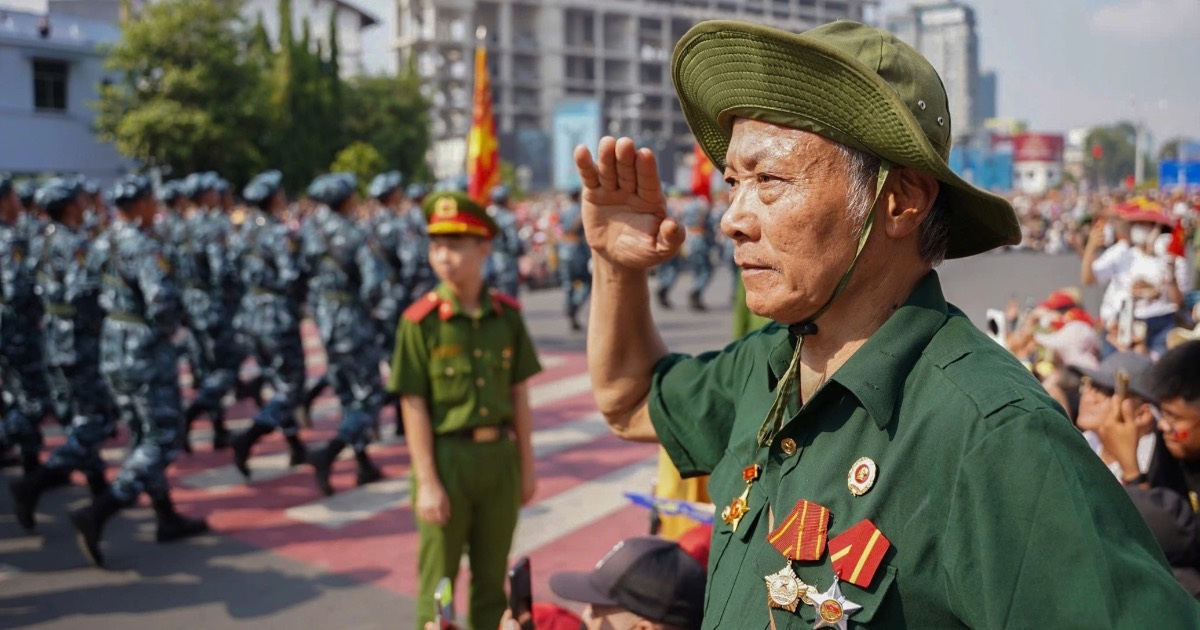Following a resolution passed at the 26th special session of the Quảng Ninh People’s Council (HĐND) on April 28th, the province aims to reduce administrative units by over 70%. If the special economic zones in Móng Cái are not established, 54 units will remain.
(Photo: Trúc Linh).
This restructuring is part of a national strategy to streamline local government, enhance efficiency, reduce budget spending, and expand economic development opportunities. Quảng Ninh aims to accelerate the development of urban areas, services, and industries while maintaining national defense and security in the coming years.
The plan’s development adhered to the 2025 Law on Local Government Organization. Over 99% of voters supported the plan after consultations were conducted. Historical, cultural, geographical, and local customs were carefully considered during the plan’s development.
Beyond administrative restructuring, the HĐND also approved several key resolutions, including the medium-term public investment plan for 2021-2025, the 2025 public investment plan funded by the provincial budget, and a list of land plots for auctioned projects. These resolutions aim to optimize resource utilization, boost economic and social growth, and drive digital transformation and innovation.
Delegates emphasized the importance of preparing for the new operating phase. The provincial People’s Committee (UBND) is tasked with reviewing and adjusting regional village plans by 2030 and land use plans by 2050. They must also ensure appropriate staffing for new village and ward government bodies to function effectively from July 1st.
To address potential challenges stemming from mergers, delegates proposed special support mechanisms for disadvantaged villages and ethnic minority areas, along with policies for surplus civil servants. The review, evaluation, and reallocation of public assets are also required to prevent waste.
Given Vietnam’s push for decentralization, several delegates urged Quảng Ninh to quickly establish specific operating regulations for new administrative units, enhance economic, budgetary, and infrastructure investment authority at the village and ward levels.
At the closing session, the Chairman of the Quảng Ninh People’s Council stressed the urgent need for all levels and sectors to swiftly implement the administrative restructuring plan after approval by the competent authority. They must also accelerate the implementation of 2025 socio-economic tasks, aiming for a GDP growth rate of 14% or higher.
(Photo: Nguyễn Dương).
The establishment of economic special zones in Vân Đồn, Cô Tô, and Móng Cái is expected to invigorate the province’s development, attract foreign and domestic investment, and foster the growth of marine economy, logistics, and tourism. However, the plan still requires central government approval.
Quảng Ninh is currently at the forefront of streamlining government operations in preparation for rapid and sustainable growth, as Vietnam seeks to become a high-income country by 2045.



